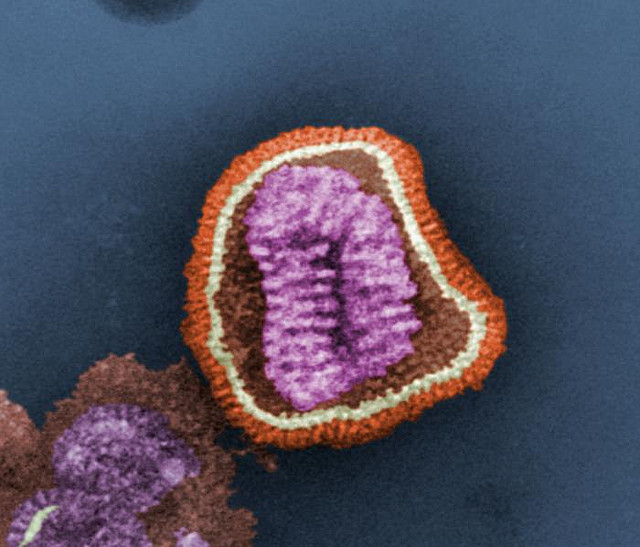1. The changes in volume of transformer cooling oil due to variation of atmospheric temperature during day and
night is taken care of by which part of transformer
(a) Conservator
(b) Breather
(c) Bushings
(d) Buchholz relay
Ans: a
2. An ideal transformer is one which has
(a) no losses and magnetic leakage
(b) interleaved primary and secondary windings
(c) a common core for its primary and secondary windings
(d) core of stainless steel and winding of pure copper metal
(e) none of the above
Ans: a
3. When a given transformer is run at its rated voltage but reduced frequency, its
(a) flux density remains unaffected
(b) iron losses are reduced
(c) core flux density is reduced
(d) core flux density is increased
Ans: d
4. In an actual transformer the iron loss remains practically constant from noload to fullload because
(a) value of transformation ratio remains constant
(b) permeability of transformer core remains constant
(c) core flux remains practically constant
(d) primary voltage remains constant
(c) secondary voltage remains constant
Ans: c
5. An ideal transformer will have maximum efficiency at a load such that
(a) copper loss = iron loss
(b) copper loss < iron loss
(c) copper loss > iron loss
(d) none of the above
Ans: a
6. If the supply frequency to the transformer is increased,"the iron loss will
(a) not change
(b) decrease
(c) increase
(d) any of the above
Ans: c
7. Negative voltage regulation is indicative that the load is
(a) capacitive only
(b) inductive only
(c) inductive or resistive
(d) none of the above
Ans: a
8. Iron loss of a transformer can be measured by
(a) low power factor wattmeter
(b) unity power factor wattmeter
(c) frequency meter
(d) any type of wattmeter
Ans: a
9. When secondary of a current transformer is open-circuited its iron core will be
(a) hot because of heavy iron losses taking place in it due to high flux density
(b) hot because primary will carry heavy current
(c) cool as there is no secondary current
(d) none of above will happen
Ans: a
10. The transformer laminations are insulated from each other by
(a) mica strip
(6) thin coat of varnish
(c) paper
(d) any of the above
Ans: b
11. Which type of winding is used in 3phase shell-type transformer ?
(a) Circular type
(b) Sandwich type
(c) Cylindrical type
(d) Rectangular type
Ans: b
12. During open circuit test of a transformer
(a) primary is supplied rated voltage
(b) primary is supplied full-load current
(c) primary is supplied current at reduced voltage
(d) primary is supplied rated kVA
Ans: a
13. Open circuit test on transformers is conducted to determine
(a) hysteresis losses
(b) copper losses
(c) core losses
(d) eddy current losse
Ans: c
14. Short circuit test on transformers is conducted to determine
(a) hysteresis losses
(b) copper losses
(c) core losses
(d) eddy current losse
Ans: b
15. For the parallel operation of single phase transformers it is necessary that they should have
(a) same efficiency
(b) same polarity
(c) same kVA rating
(d) same number of turns on the secondary side.
Ans: b
16. The transformer oil should have volatility and viscosity.
(a) low,low
(b) high,high
(c) low,high
(d) high,low
Ans: a
17. The function of breather in a transformer is
(a) to provide oxygen inside the tank
(b) to cool the coils during reduced load
(c) to cool the transformer oil
(d) to arrest flow of moisture when outside air enters the transformer
Ans: d
18. The secondary winding of which of the following transformers is always kept closed ?
(a) Step-up transformer
(b) Step-down transformer
(c) Potential transformer
(d) Current transformer
Ans: d
19. The size of a transformer core will depend on
(a) frequency
(b) area of the core
(c) flux density of the core material
(d) (a) and (b) both
Ans: d
20. N atural air coo ling is generally restricted for transformers up to
(a) 1.5 MVA
(b) 5 MVA
(c) 15 MVA
(d) 50 MVA
Ans: a


No comments:
Post a Comment